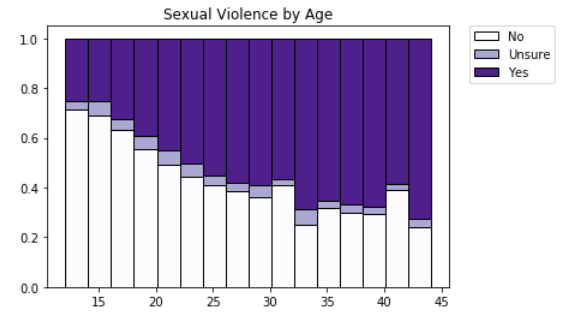This is a repost of an article I wrote in 2015. I made a few minor updates, but all the speculation still applies today.
In my analysis of the 2014 AVEN Survey of online asexual communities, I showed that only 12% of aces (aces = people on the asexual spectrum) are men. According to my numbers, the fraction of asexuals who are men is similar. [Update: The 2015 Asexual Census finds the same result.] Someone asked me why that is, and I thought I’d make my answer public.
Extant data
In a community survey of AVEN in 2008, 28% of asexuals were men. Another community survey in 2011 reported 13% of aces were men. A Spanish-language community survey in 2013 reports that 36% of asexuals were assigned male at birth.
These are all community surveys conducted online, and they only tell us about people in the various online communities. They do not tell us about asexuals or asexual-spectrum people in general.
However, there was also an academic study conducted in 2004, based on a national probability sample in the UK in 1994. In that study 35% of asexuals were men. In theory, this should tell us about asexuals in general, although there are many reasons to worry about systematic biases.


